BLM 2021-Where Are We Now: "Change is infinitesimal," says Candice Brathwaite
Looking outside her own echo chamber, Candice Brathwaite explains why she's not shocked at all that no meaningful change has happened despite a year of global protests and ferocious activism
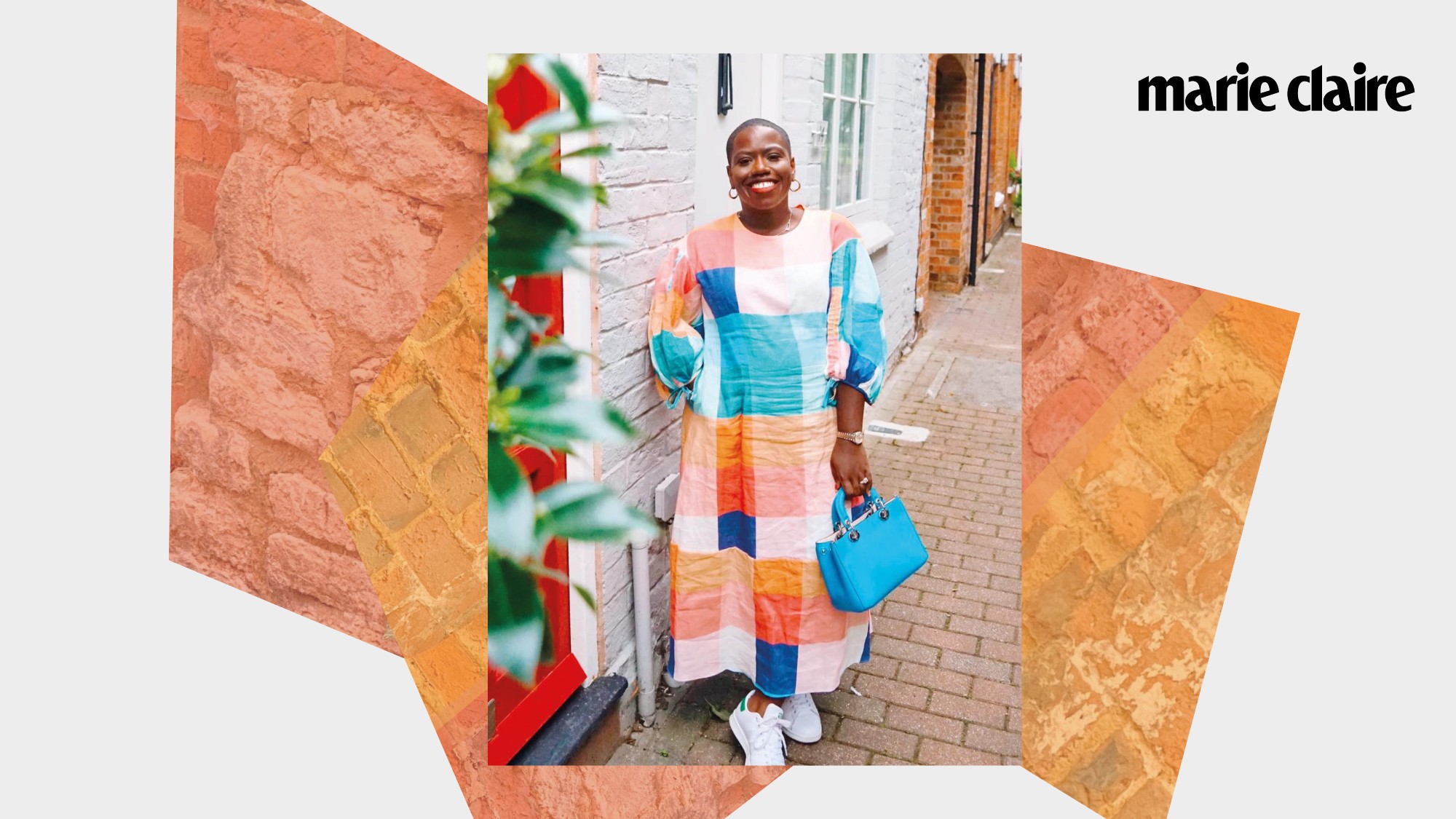

Looking outside her own echo chamber, Candice Brathwaite explains why she's not shocked at all that no meaningful change has happened despite a year of global protests and ferocious activism
I am currently laying on the bedroom floor completely... well... overwhelmed. When I was approached to write this piece about how much, if anything has changed since the ‘rise’ of BLM last year, I egotistically thought I would have this written in minutes but that’s before I myself have had to think about how I can effect change without being reliant on ‘performative activism’ but more on that later.
As we approach a year since the murder of George Floyd went viral, I feel as if I can say without tremor or hesitation that from my perspective as a black British woman not much has changed at all. I am still positioned as ‘angry’ if I dare to stand up for myself or say I don’t like something. Black women are still four times more likely to die in childbirth or the post-partum period.
Black people are still four times more likely to be reported as missing in England and Wales. And despite making up only 14% of the population it’s been reported that black people represent one third of all COVID-19 patients admitted to hospital. What did Jay Z say? 'Men lie, women lie, black squares lie but numbers don’t', of course, I’ve remixed that a little.
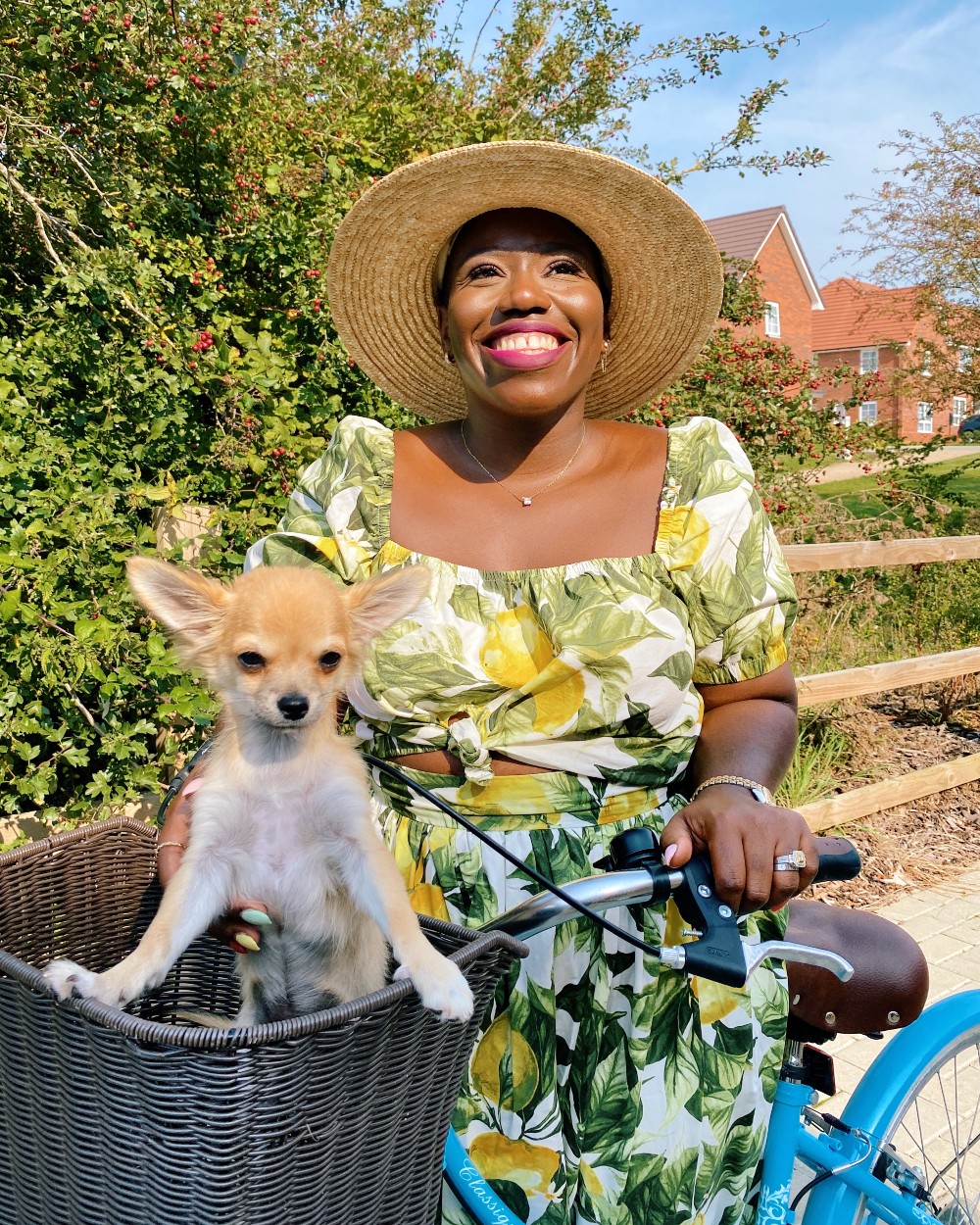
Candice Brathwaite: 'Racism cannot be outed with a one and done approach'
Because speaking of said square, therein lies a major issue. With us having being confined to our homes more than ever this last year (for very good reason, I shall add) we have become even more dependent upon social media. Part of the reason I believe, why George Floyd's murder sparked universal outrage. I think I speak for most black folk when I say we’ve been trying to get our point across for centuries now. Only the stillness ushered in by global lockdowns meant that finally it wasn't just us who had to sit up, listen, learn and hopefully take action. For many that action was simple: 1. Post a black square
2. Use the correct hashtags
3. Repost some ‘essential’ reading lists
Marie Claire Newsletter
Celebrity news, beauty, fashion advice, and fascinating features, delivered straight to your inbox!
4. Tag favourite black social media creators
It was a moment that seemed to demand a response, even if the allyship was then only performative, due to the lack of continued work or consistent education which would make for better real-life allyship. I’ve never sought to call anyone out or question why someone hasn’t used their platform to speak on any inequality, not just those pertaining to Black Lives.
Although, I do know what it means to be accused of not being an ally because I haven’t posted about the most recent war, conflict or murder. It’s a pressure that can feel all consuming and if you give in to it, in many ways that can dilute the responsibility of sourcing the correct educational material and the best way to support those affected by an atrocity of any regard.
Gaslighting BLM
So with that aside, all I can do to assess whether change really has come is look outside of my own echo chamber. What I have found is that most front-facing media outlets have of course had a knee-jerk reaction and have quickly tried to assemble the few black people they do have working within their realms and push them to the forefront. We have seen the British public yet again vote for the Conservatives. Even though Johnson’s rhetoric for Brexit did nothing to discourage the beliefs that Britain has become overpopulated with immigrants who are ‘taking our jobs’ and not contributing anything to society.
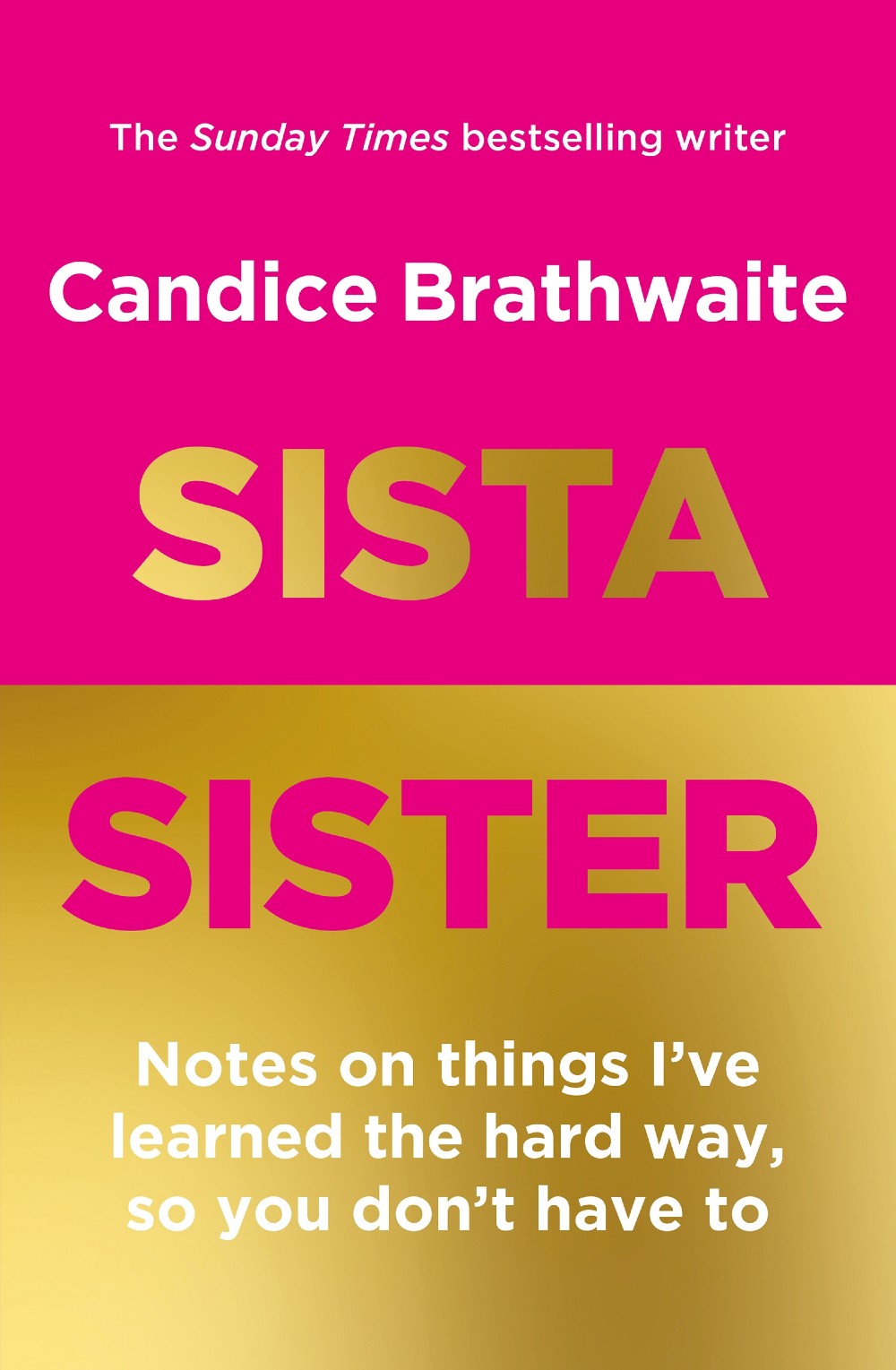
These beliefs reinforced the behaviour of the current Home Secretary Priti Patel, who showed more disgust for the Black Lives Matter protests than the unfair treatment of black people which lead them to protests in the first place. And most recently, the black British public had to endure gaslighting from ‘one of our own’, Dr Tony Sewell, the race commission head. He was behind the recent controversial government race report which found that 'whilst the UK is not yet a post-racial country its success in removing race-based disparity in education and, to a lesser extent, the economy, should be regarded as a model for other white-majority countries.' I can tell you that many black British people who bear the brunt of racism are in deep disagreement.
Essentially I'm programmed to be a people pleaser, but when it comes to the idea of change, let alone the dream of living in a post-racial society, I will always be a pessimist. From where I stand, nothing has changed at all and whilst that, of course, doesn’t make me happy - it also doesn’t shock me.
The reality is that racism, no matter the country in which it resides, cannot be outed with a one and done approach. A black square, filling up your Amazon basket with essential 'allyship' reads and watching all of the ‘black documentaries’ cannot make up for other things. For me, the essentials of allyship that will really make a difference are:
1. Ensuring your friendship groups are diverse
2. Being committed to teaching your children not just about other races and cultures but how we can also support and lift them up
3. Speaking up if you believe a colleague is being ill treated or underpaid due to race
4. Speaking up when a family member makes a remark that isn’t just ‘ignorant’ but racist
It’s the above that really matters. And until it does, change will continue to be so infinitesimal, that we will hardly be able to see it at all.
* Sista Sister by Candice Brathwaite is on sale July 8 (Quercus, £16.99). I Am Not Your Baby Mother is now available in paperback
Maria Coole is a contributing editor on Marie Claire.
Hello Marie Claire readers – you have reached your daily destination. I really hope you’re enjoying our reads and I'm very interested to know what you shared, liked and didn’t like (gah, it happens) by emailing me at: maria.coole@freelance.ti-media.com
But if you fancy finding out who you’re venting to then let me tell you I’m the one on the team that remembers the Spice Girls the first time round. I confidently predicted they’d be a one-hit wonder in the pages of Bliss magazine where I was deputy editor through the second half of the 90s. Having soundly killed any career ambitions in music journalism I’ve managed to keep myself in glow-boosting moisturisers and theatre tickets with a centuries-spanning career in journalism.
Yes, predating t’internet, when 'I’ll fax you' was grunted down a phone with a cord attached to it; when Glastonbury was still accessible by casually going under or over a flimsy fence; when gatecrashing a Foo Fighters aftershow party was easy-peasy-lemon-squeezy and tapping Dave Grohl on the shoulder was... oh sorry I like to ramble.
Originally born and bred in that there Welsh seaside town kindly given a new lease of life by Gavin & Stacey, I started out as a junior writer for the Girl Guides and eventually earned enough Brownie points to move on and have a blast as deputy editor of Bliss, New Woman and editor of People newspaper magazine. I was on the launch team of Look in 2007 - where I stuck around as deputy editor and acting editor for almost ten years - shaping a magazine and website at the forefront of body positivity, mental wellbeing and empowering features. More recently, I’ve been Closer executive editor, assistant editor at the Financial Times’s How To Spend It (yes thanks, no probs with that life skill) and now I’m making my inner fangirl’s dream come true by working on this agenda-setting brand, the one that inspired me to become a journalist when Marie Claire launched back in 1988.
I’m a theatre addict, lover of Marvel franchises, most hard cheeses, all types of trees, half-price Itsu, cats, Dr Who, cherry tomatoes, Curly-Wurly, cats, blueberries, cats, boiled eggs, cats, maxi dresses, cats, Adidas shelltops, cats and their kittens. I’ve never knowingly operated any household white goods and once served Ripples as a main course. And finally, always remember what the late great Nora Ephron said, ‘Everything is copy.’
-
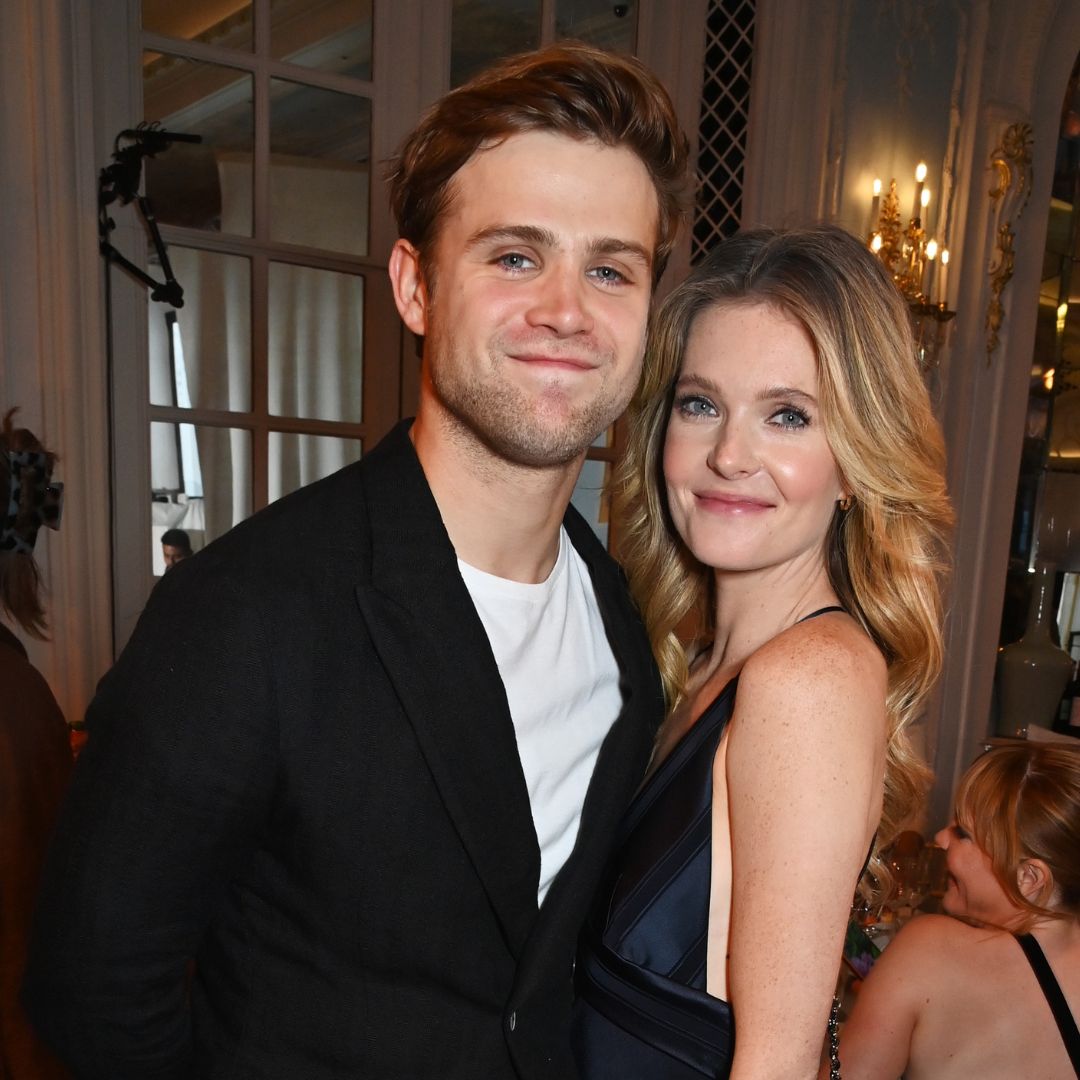 Here's a rundown of The White Lotus cast members who have dated in real life
Here's a rundown of The White Lotus cast members who have dated in real lifeBy Jenny Proudfoot
-
 All the coolest brides are wearing drop-waist wedding dresses this year
All the coolest brides are wearing drop-waist wedding dresses this yearWedding Special Minimalist, nostalgic, and universally flattering
By Clementina Jackson
-
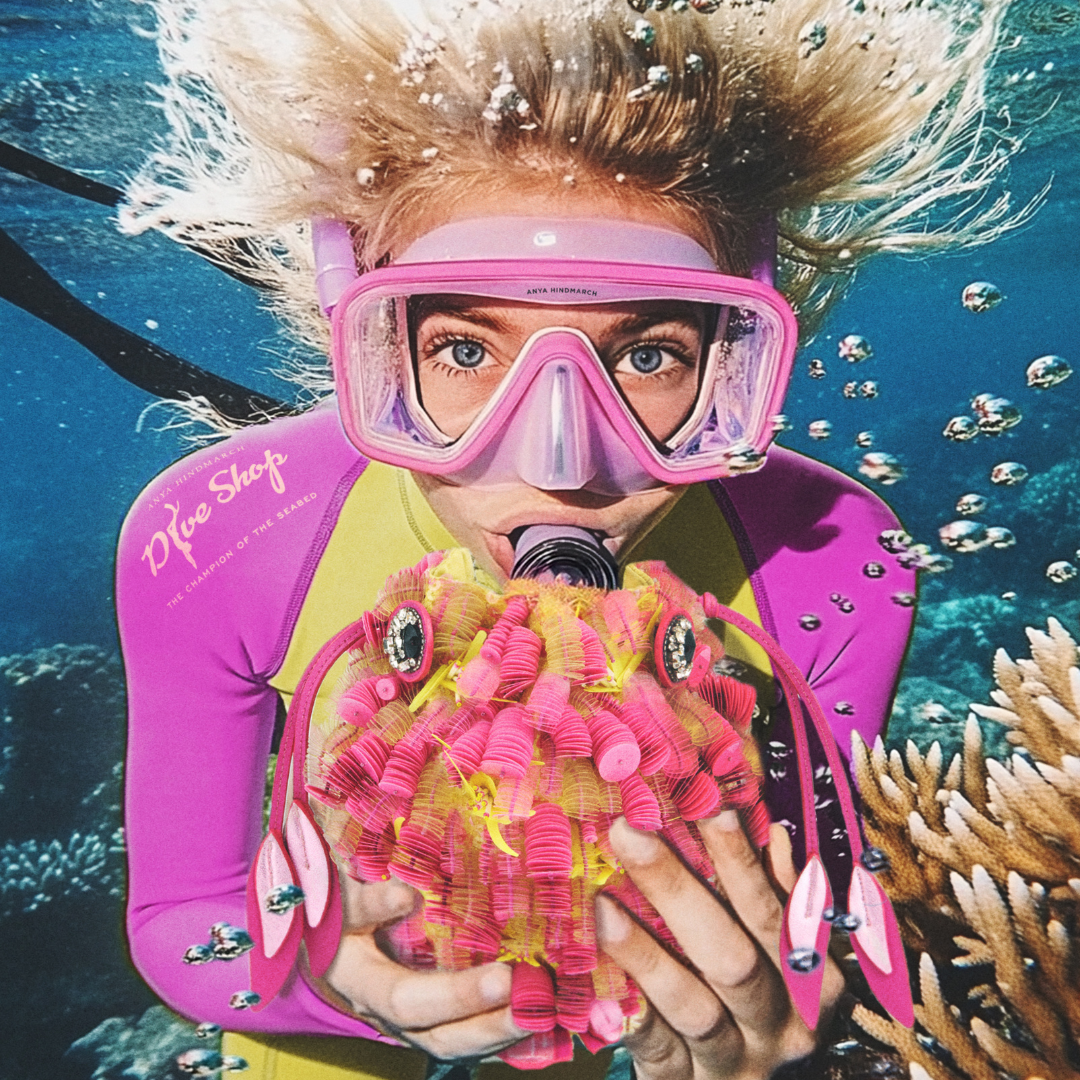 Anya Hindmarch has just launched a fantastical diving shop in central London
Anya Hindmarch has just launched a fantastical diving shop in central LondonFor those who would rather be beside the seaside...
By Sofia Piza
-
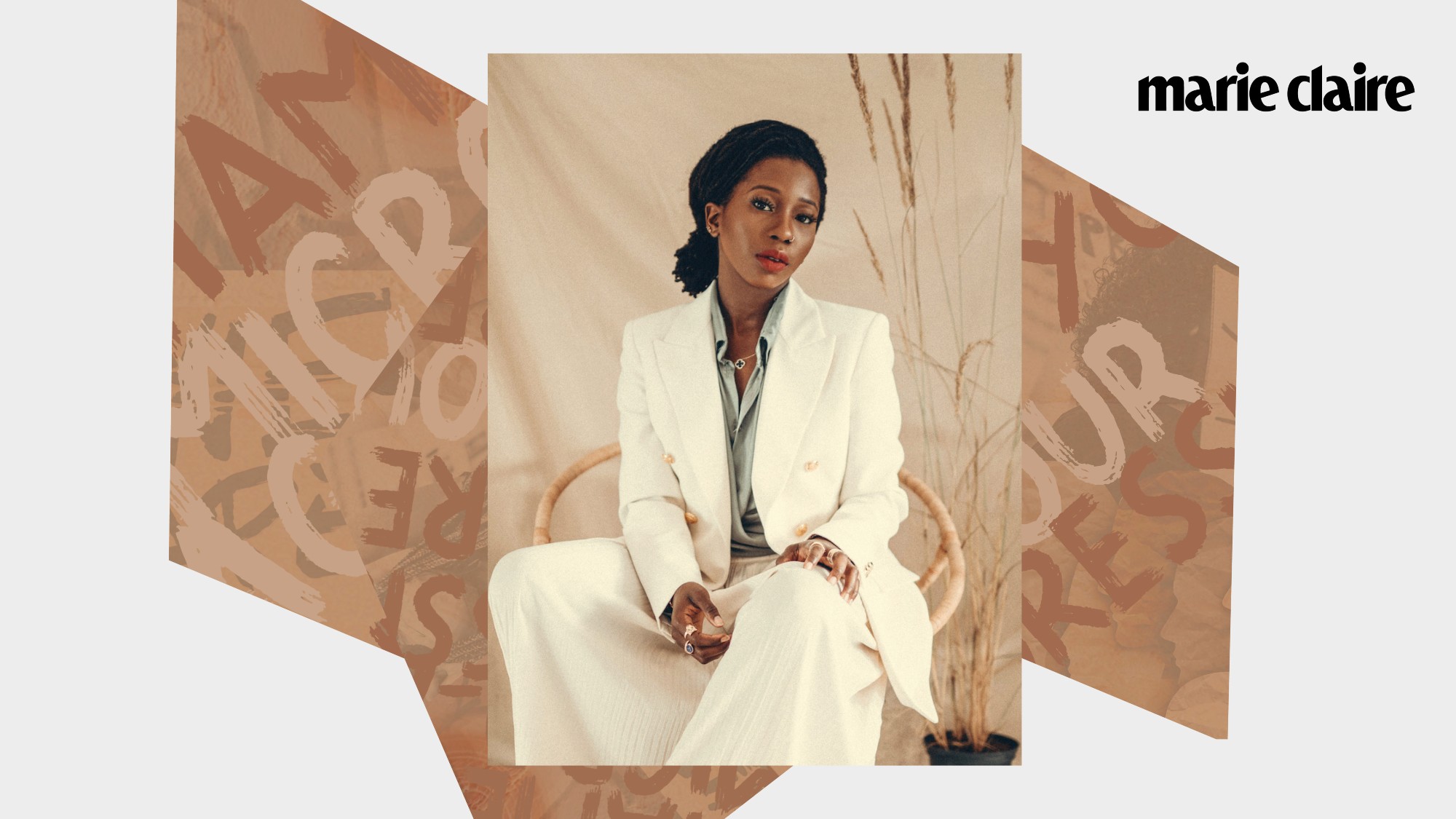 Racial micro aggressions some people don’t even realise are offensive
Racial micro aggressions some people don’t even realise are offensiveSharing her experience of this endemic symptom of racism, Dr Adanna Steinacker explains how we can all spot them and, more importantly, stop them forever
By Dr Adanna Steinacker
-
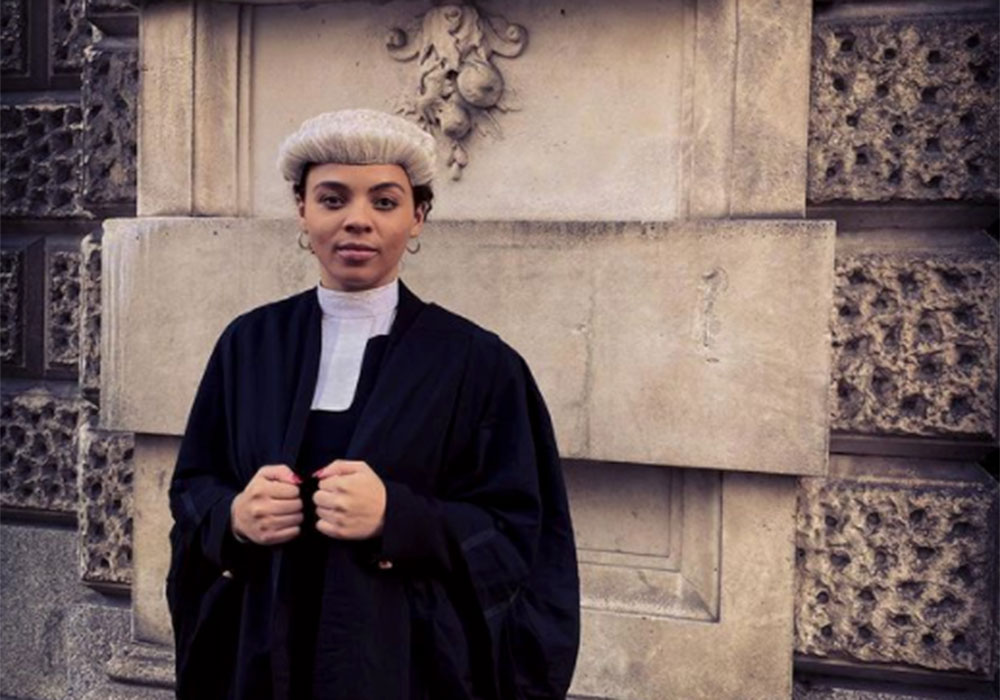 "I'm a Black barrister working in a broken justice system"
"I'm a Black barrister working in a broken justice system"Alexandra Wilson is a 26-year-old barrister speaking out about sexism, racism and class inequality at the very heart of the legal system. She shares her disturbing experiences, and why activism will make a difference.
By Alexandra Wilson
-
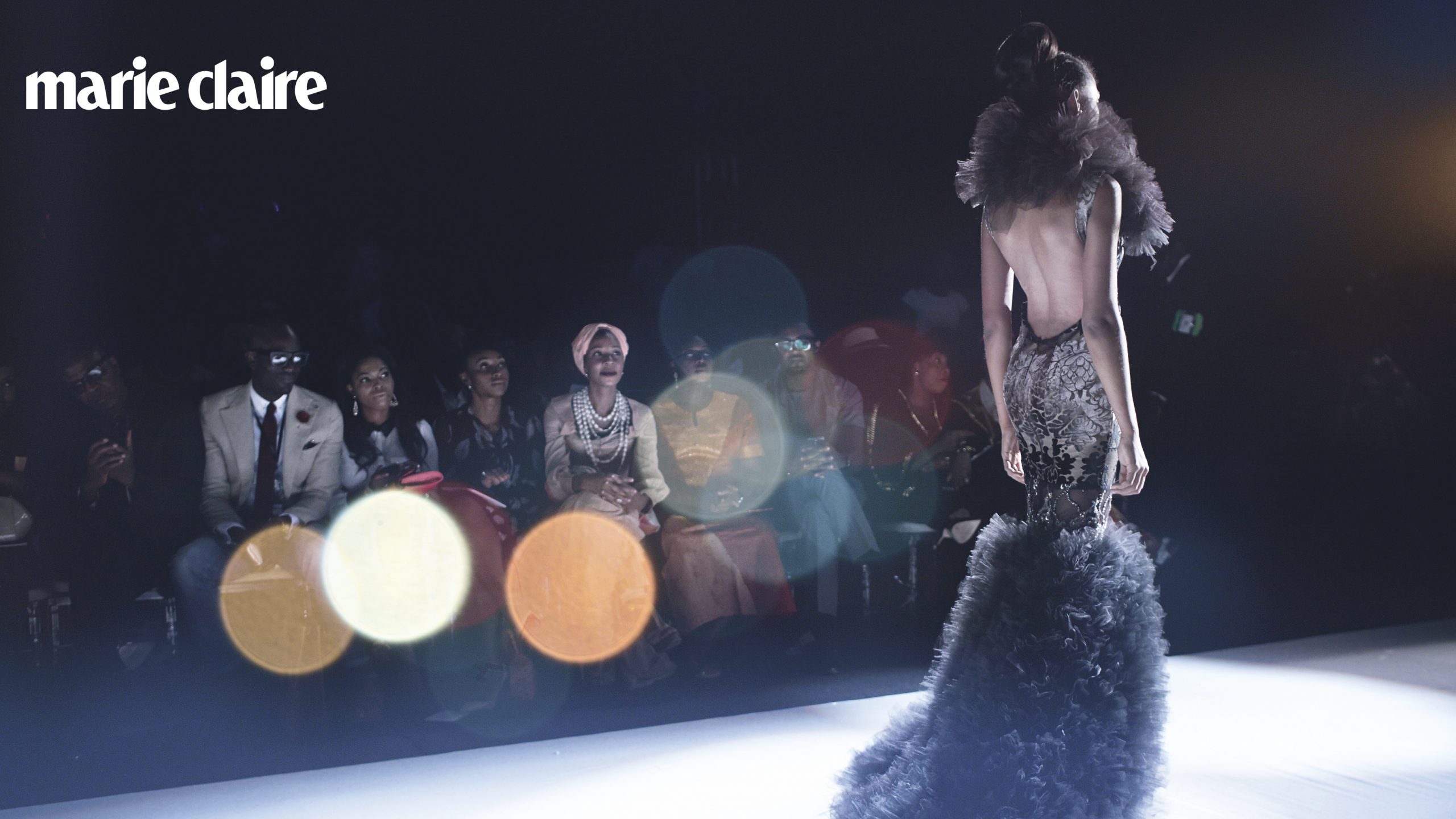 Models of colour: The reality of being Black backstage
Models of colour: The reality of being Black backstageThe modelling industry has a diversity issue, and it doesn’t just extend to the proportion of models with dark skin on runways and in photoshoots.
By Chloe Lovell
-
 "In the wake of BLM, corporations must be held accountable for their ethnicity gap"
"In the wake of BLM, corporations must be held accountable for their ethnicity gap"One year on from the murder of George Floyd, corporations both sides of the pond face questions as to whether they have fulfilled their promises to change their organisational structure, writes Jenny McCall
By Kate McCusker
-
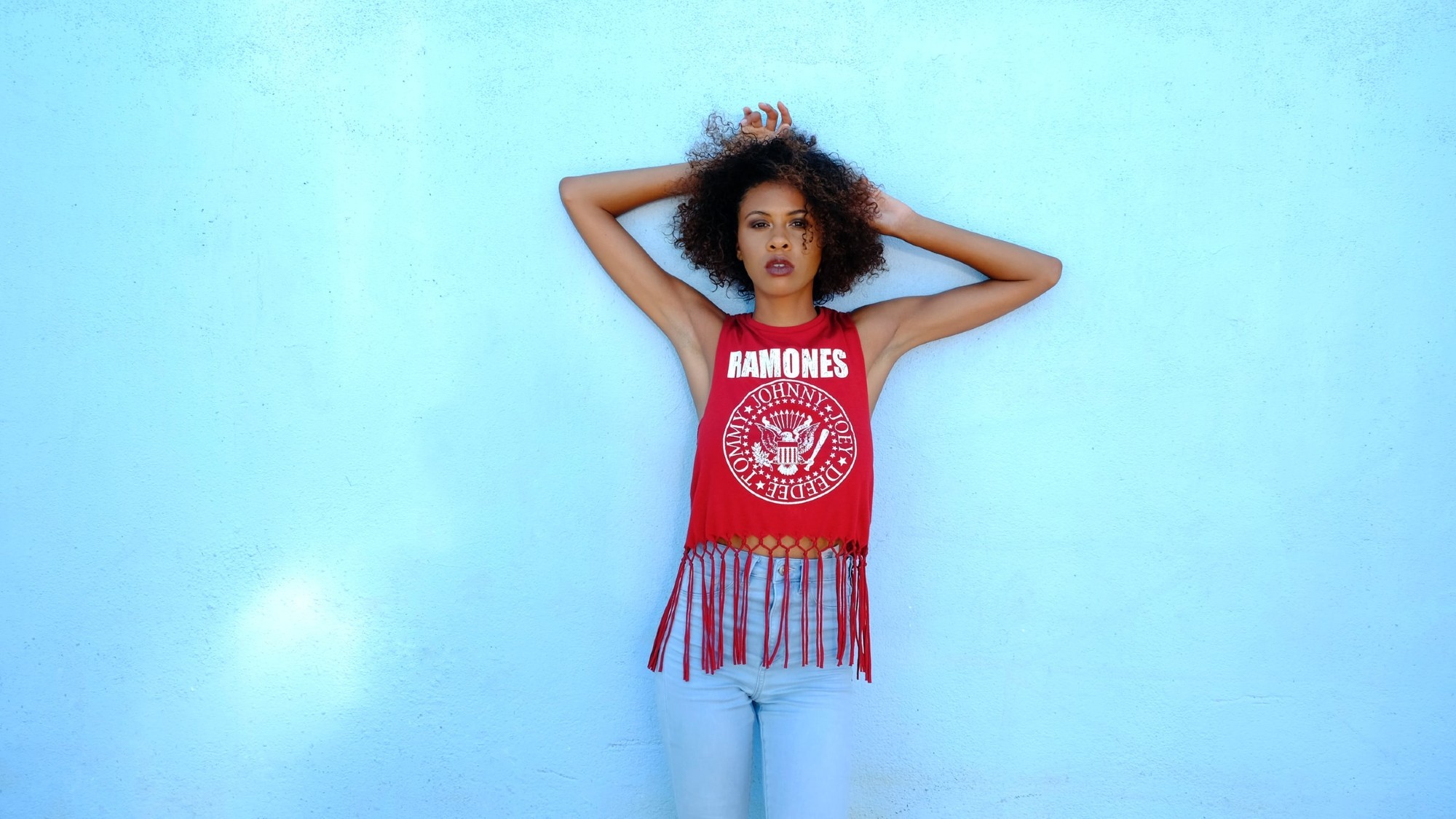 "My brown skin left me judging myself through the prism of other people's prejudices"
"My brown skin left me judging myself through the prism of other people's prejudices"Eva Verde always felt like an outsider in her white family. Now the author reveals how she reconnected with her lost roots for the sake of her young daughters
By Marie Claire
-
 "What does being Mixed-Race mean?" writes podcasters Nicole and Emma
"What does being Mixed-Race mean?" writes podcasters Nicole and EmmaNicole Ocran and Emma Slade Edmondson explain why they were compelled to create a safe space where people discuss race and identity through the lens of Mixed-Race experiences
By Maria Coole
-
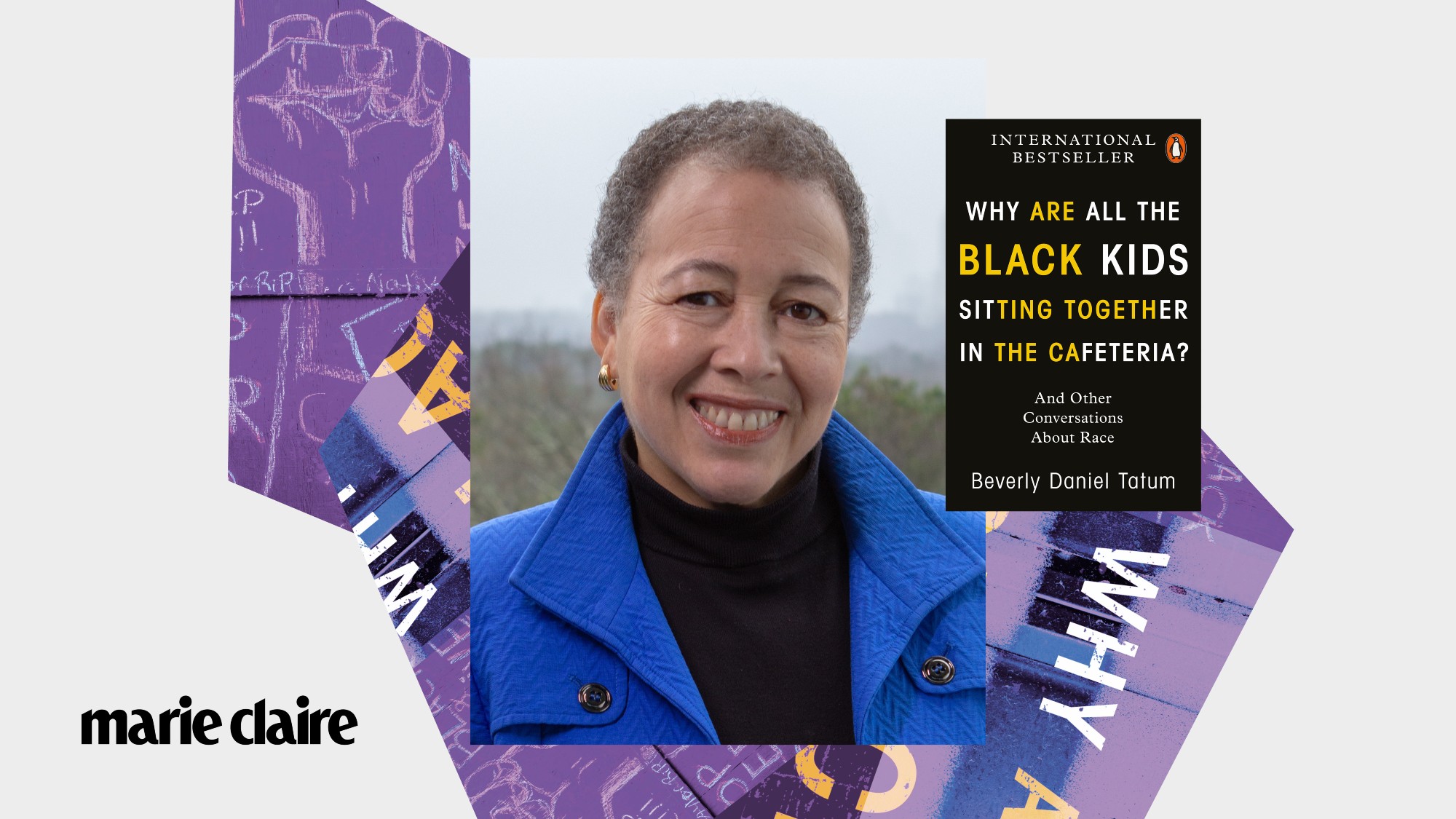 "Why we need to close the empathy gap," argues Beverly Daniel Tatum
"Why we need to close the empathy gap," argues Beverly Daniel TatumThe problems of systemic racism can't be resolved, says Beverly Daniel Tatum, acclaimed clinical psychologist and race relations expert, until white people experience genuine empathy so we can build a more inclusive community
By Maria Coole
-
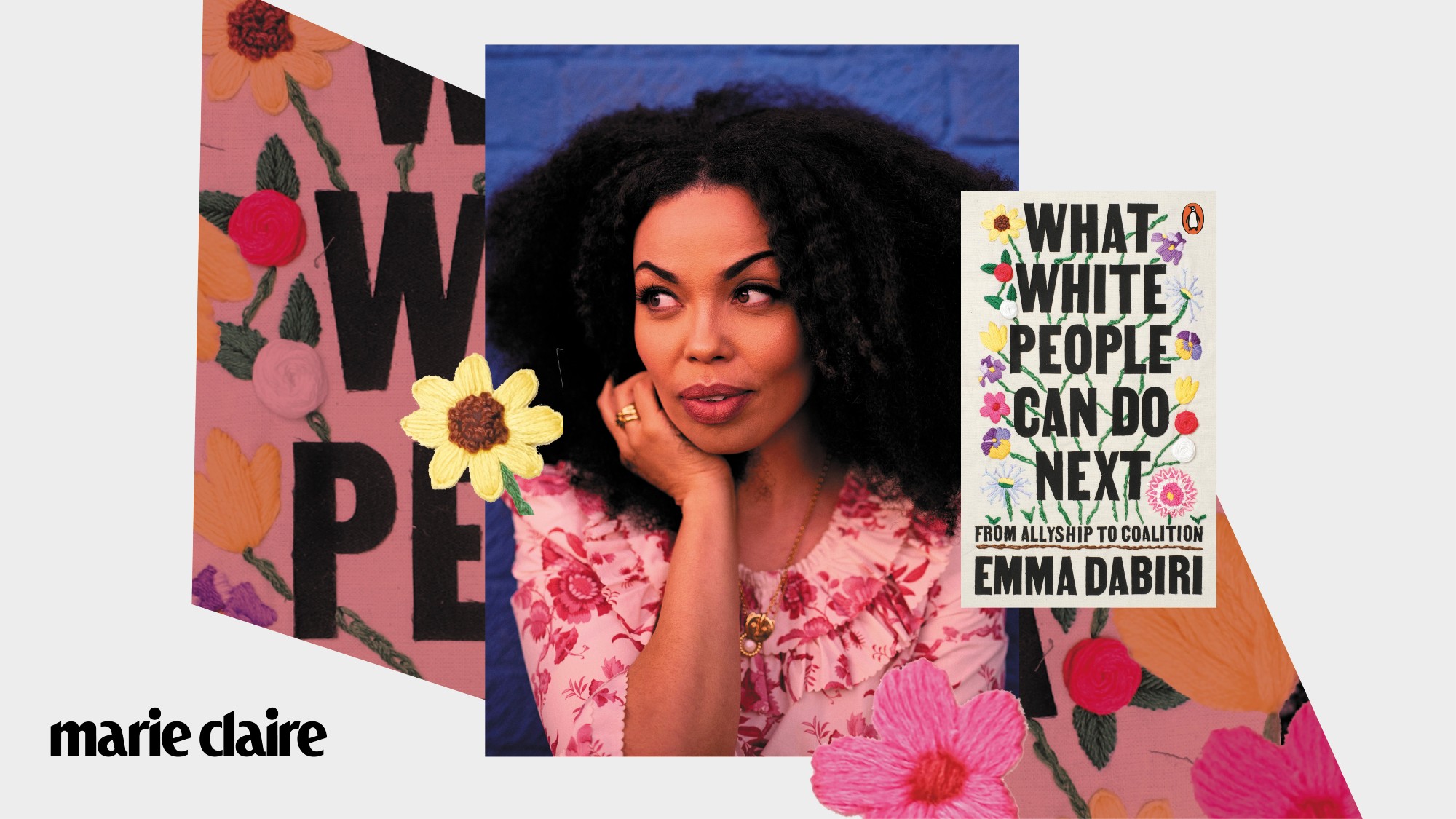 “Why allyship has messed up and how to fix it,” argues Emma Dabiri
“Why allyship has messed up and how to fix it,” argues Emma DabiriAcademic Emma Dabiri despaired every time she saw ‘allyship’ or ‘amplify your voice’ hashtags, so she wrote What White People Can Do Next - a provocative look at class, capitalism and the construction of race. It's an urgent call for coalition and dismantling racism by learning lessons from the past
By Maria Coole